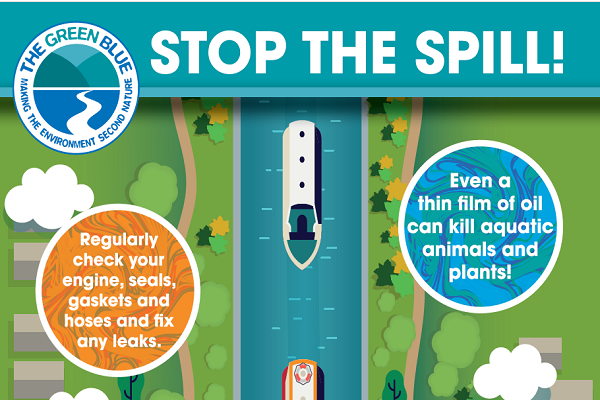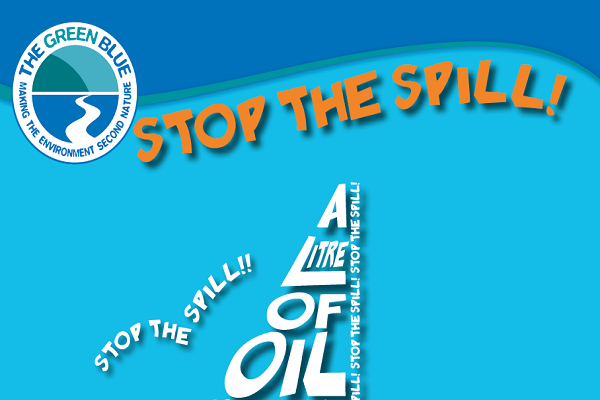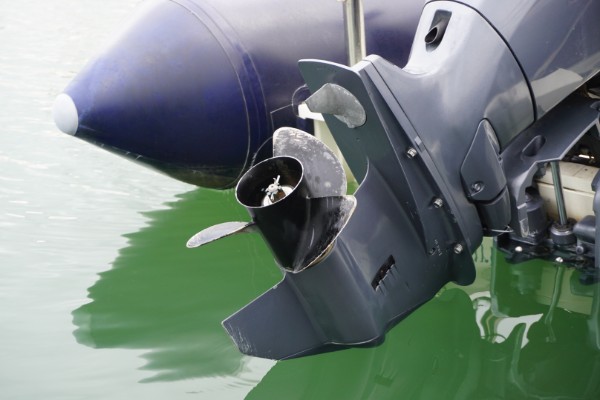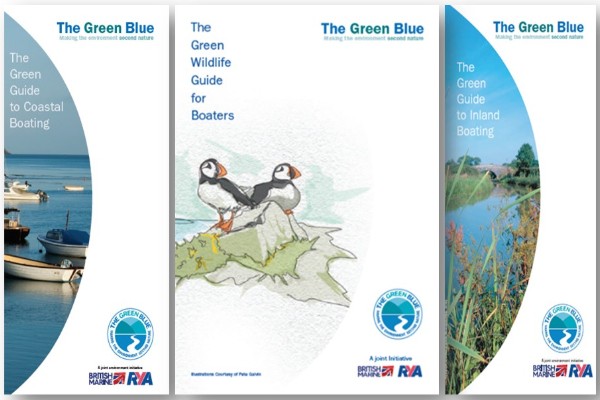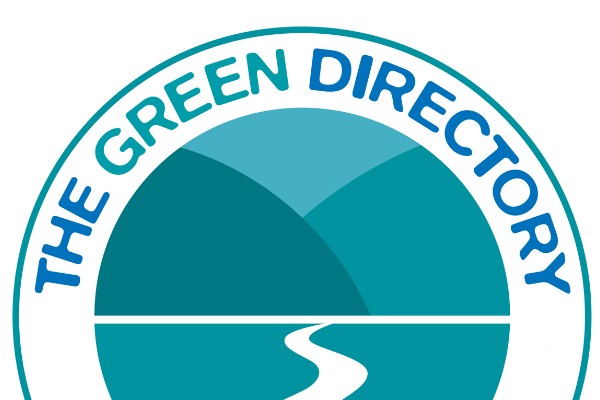Oil & Fuel
WHAT IS THE ISSUE?
One litre of oil can pollute one million litres of water!
Oil and fuel contain hydrocarbons and heavy metals which can not only affect human health but can also seriously damage our aquatic environment.
Only 5% of oil and fuel pollution in the water is from catastrophic spills, with the majority coming from everyday sources such as refuelling, engine emissions and oil leaks.
Oil and fuel can adversely impact our wildlife and habitats by:
- Smothering feathers on birds, inhibiting or preventing them from flying
- Covering fish gills preventing respiration
- Poisoning wildlife and humans if ingested
- Covering plant life, restricting sunlight from reaching the leaves which is essential for growth.
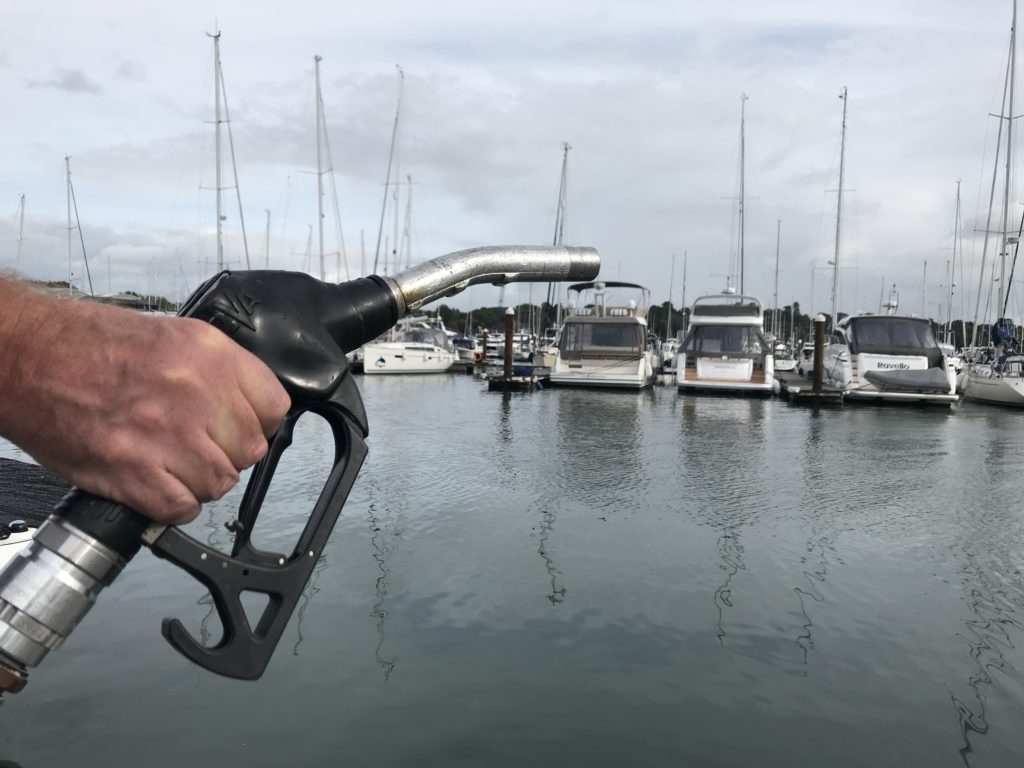
WHAT CAN YOU DO?
PREVENTION:
- Place a drip tray under the engine: this is a requirement on many waterways. If it starts getting oily, find and mend the leak.
- Make sure you use a large enough funnel if you have to refuel onboard.
- Maintain your boat’s fuel lines, connections and seals.
- Transfer waste oil and fuel in containers designed for this purpose.
- Avoid over-filling the fuel tank. Allow room for the fuel inside to expand and check the tank vent for blockages.
- On shore, try not to use oil and fuel within ten metres of the water in case of accidental spills
- Check the engine bilge for oil before pumping and use an absorbent sock to remove oil and fuel in the bilge.
- Install an in-line bilge filter to remove oil automatically when pumping out, then dispose of collected oil once full in onshore hazardous waste facilities. Visit our Green Blue Product Directory for bilge filter suppliers.
- Use a fuel collar to put over fuel nozzles to absorb fuel ‘blow back’ up the fuel line and to catch unwanted drips when moving the fuel nozzle across the deck.
- Watch our Video Guides, which include guides to various options for preventing oil and fuel spills.
CLEANING UP:
- Never use a detergent to deal with spills – it will only break up and disperse the fuel or oil, causing more damage to the environment as the oil becomes more easily ingested by aquatic life. The phosphates contained within many detergents also pollute the water and cause algal blooms that reduce oxygen levels in the water.
- Store a spill kit on board in case of any accidental spills. This kit contains hydrophobic absorbent pads and booms, which absorb the oil/fuel from the water or land. As they are made from hydrophobic material they do not absorb the water and therefore allowing more oil/fuel to be absorbed and avoids the material getting soggy.
- Use your own or ask marina/harbour staff for absorbent materials at refuelling pontoons to clean up any drips or spills on your boat or the pontoon before it is left to enter and pollute the water.
DISPOSE:
- Remember that fuel, oil and oily or fuel-soaked materials are hazardous waste. Therefore they must be disposed of in hazardous waste bins at a marina/harbour or taken to a local recycling centre that has oil/fuel disposal facilities. Locate marinas, harbours and boatyards near you that have hazardous waste disposal facilities using our UK Environmental Facilities Map or oil disposal centre at www.oilbankline.org.uk

